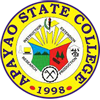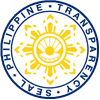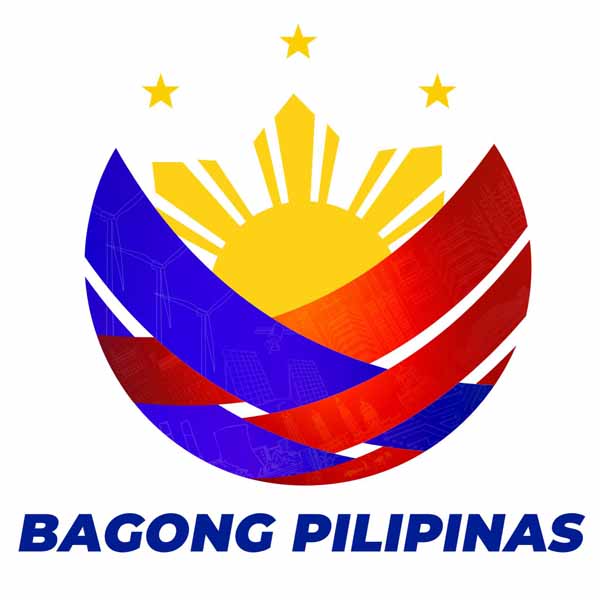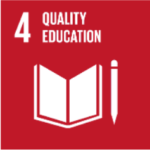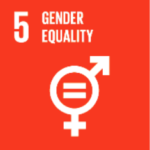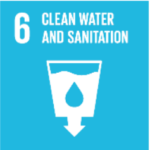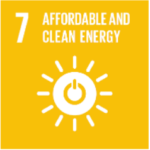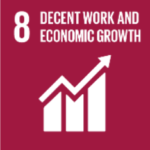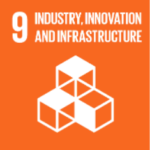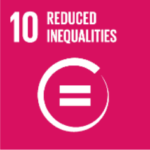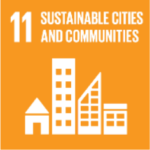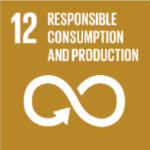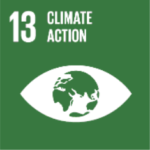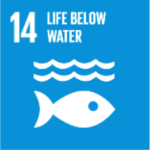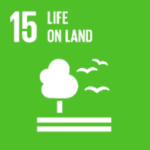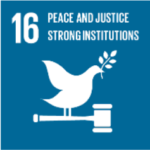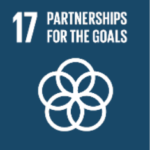SDG 15 - LIFE ON LAND
SOCIAL RESEARCH CATEGORY
Lea D. Balingit
ABSTRACT
This study sought to describe and document the beliefs and practices of the Malauegs of Conner, Apayao. Particularly, this endeavor is focused on the Malauegs beliefs and practices related to pregnancy and childbirth, childrearing and infancy, childhood and adolescence, courtship and marriage, as well as death and burial. Findings of the study showed that Malaueg mothers observe certain taboos regarding pregnancy and impose restrictions to the mother who had newly delivered a child. They also adhere to cultural norms and standards by letting their young boys undergo circumcision and observe traditional practices in terms of personal hygiene for the young women. Moreover, Malaueg parents do not interfere to whom their children will marry but make it a rule that they would marry after having a stable job. Beliefs and practices on marriage includes restricting the bride from fitting her gown before the wedding day, sharing of the expenses but the larger part will be shouldered by the groom and reception should be at the brides’ residence. Furthermore, the Malauegs still believe on omens and premonitions about death. They never sweep the floor during the wake and never leave the dead body alone.
Agriculture, Aquatic, and Natural Resources (AANR) Research Category
Maria Christina Z. Manicad and Agustina G. Pattung
ABSTRACT
This study was conducted to determine the morphological characteristics, identity and total phenolic contents of three indigenous fruit trees in Apayao namely Namot, Bignai kalabaw and Lubeg. These lesser known trees were abundant in the region but were underutilized as very little information were available for its maximization. Results of the study showed that the Namot is the richest source of phenolics. Among the four (4) plant extracts, Namot leaves extracts showed the highest total phenolic contents at 1.06 mg/g of the Gallic acid equivalent (GAE). The lowest phenolic contents was noticed in Bignai kalabaw leaves at 0.71 mg/g of the GAE. The total phenolic contents of the extracts of lubeg fruits were found to be lower than the leaves at 0.99 and 1.05 mg/g of the GAE, respectively. The chemical composition of Lubeg leaves was high in steroids, tannins, and coumarins while its fruits was highly positive in quinones and flavonoids.
Apayao State College (ASC), as a Higher Education Institution in the country, is committed to contributing to the attainment of SDG 15: Life on Land. The P/A/Ps under this SDG include the following:
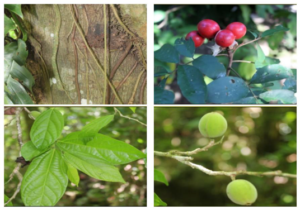
Ethnomedicinal and Edible Forest Trees (Korthal Gisihan & Blackmuskheart)
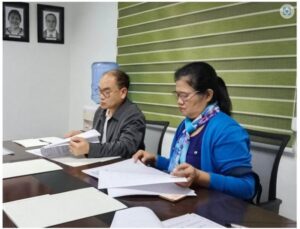
MOA Signing of the Exploring Anabo: The Under-Utilized Minor Forest Product in Apayao
One of the Research and Development priority themes is Section 2: Forestry, Biodiversity Research, and Climate Change. The Philippines is experiencing warming temperatures brought about by climate change, most especially in the northern and southern regions. These regions (northern Luzon and Mindanao) have also warmed the most and dried the most. As climate change significantly affects agriculture and the environment, the four pillars of the Bali Action Plan dealing with mitigation, adaptation, technology exchange, and resource sharing will guide Apayao State College’s Research and Development Unit’s work on this theme. Considering that climate change will impact present and future scenarios, a strategic and holistic research and development approach will be pursued. Research under this theme is available on the college’s website, asc.edu.ph.
